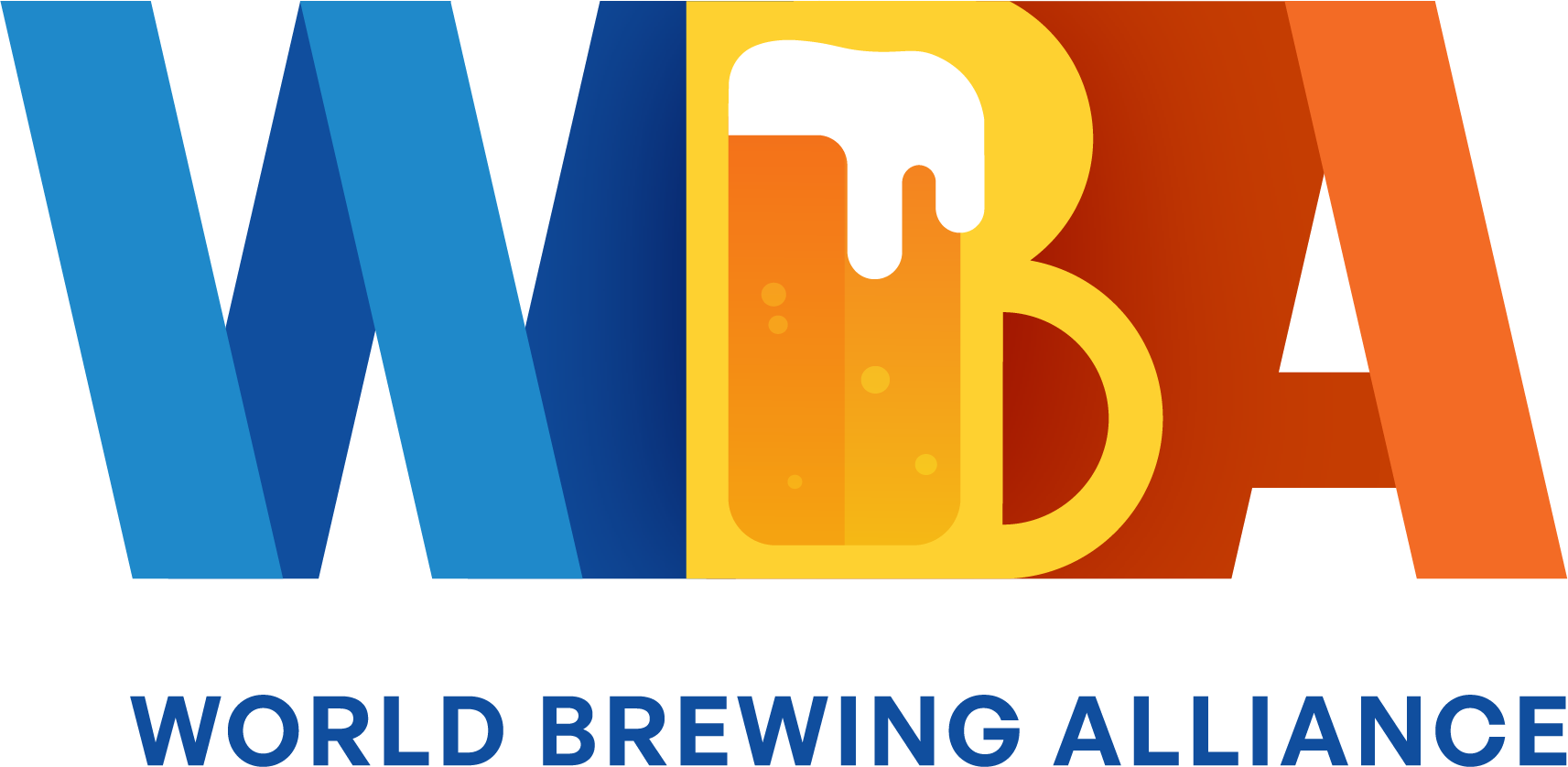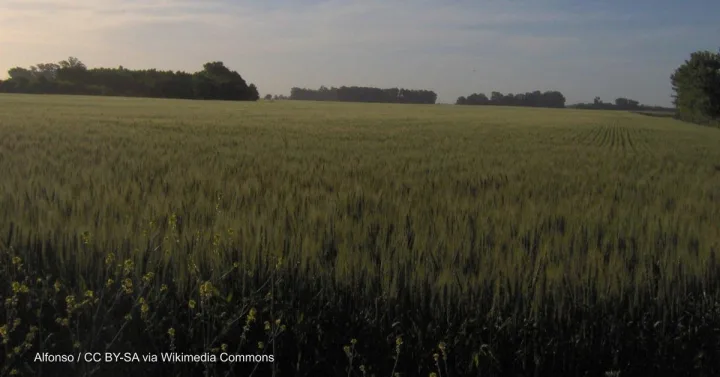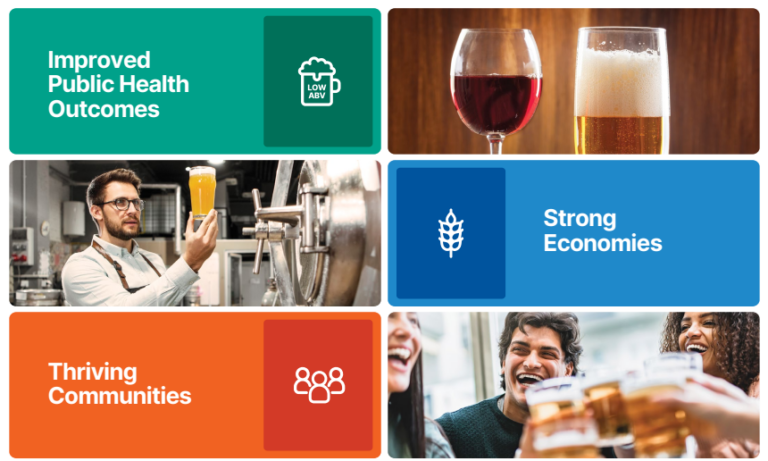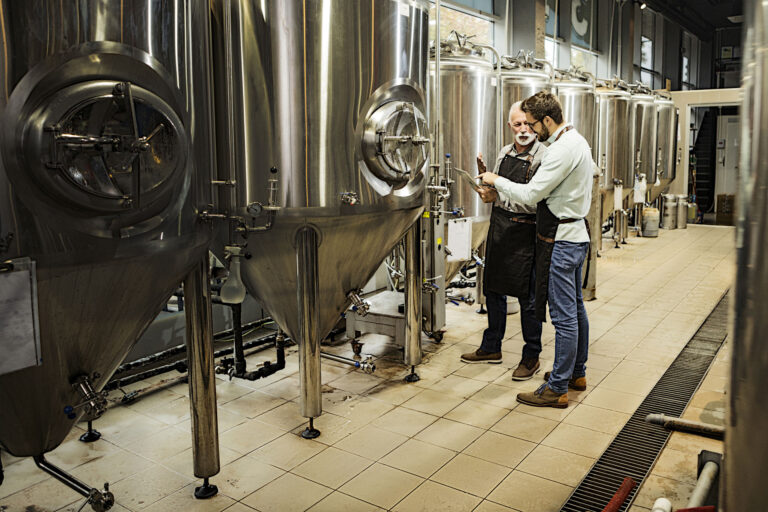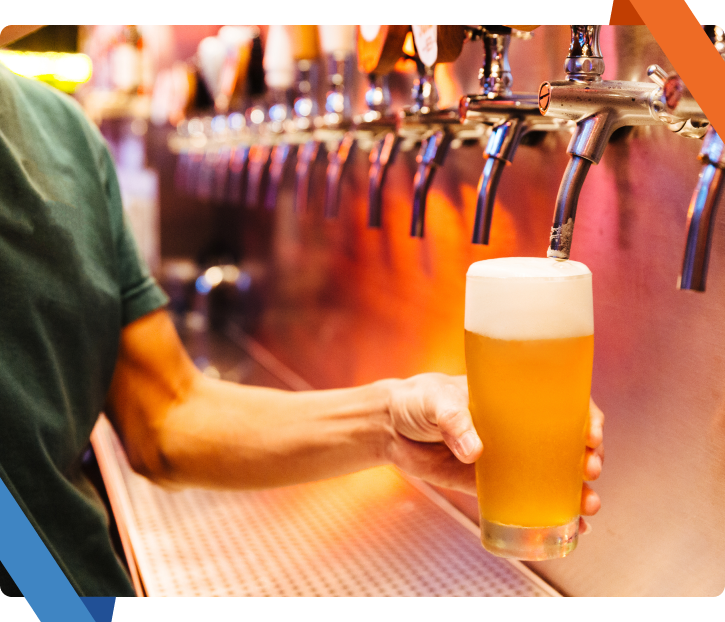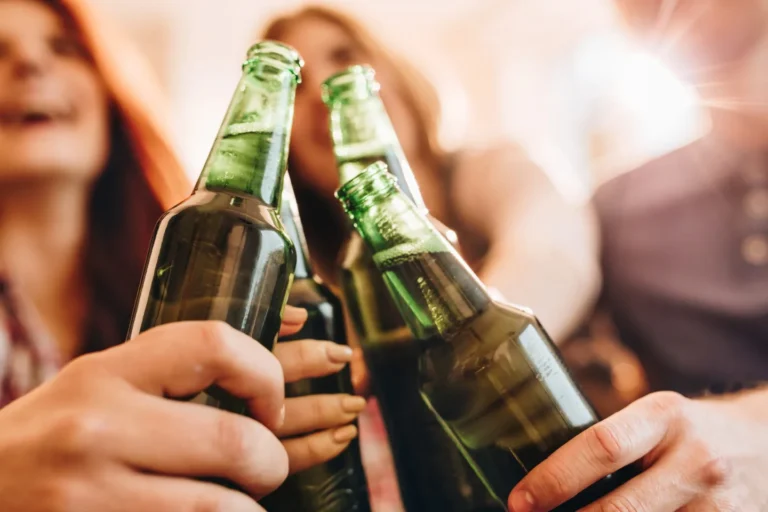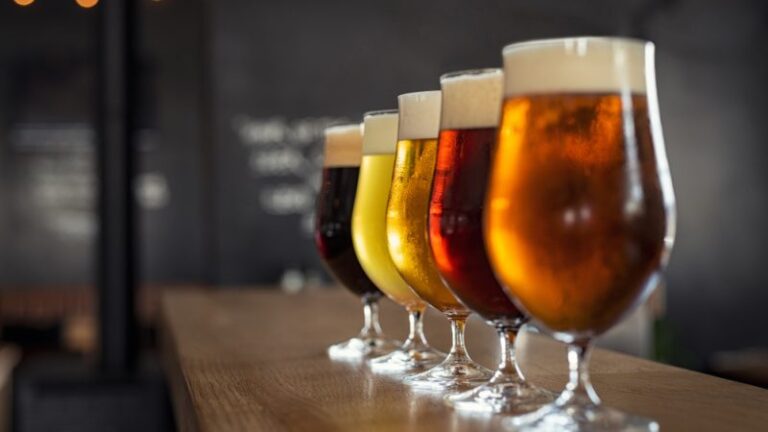
- What excites you most about taking on this new role?
This role enables me to exercise my passion and skill set; keen research and investigatory skills, acute attention to detail, and a stringent standard for what is accepted as the truth. What also excites me about this role is that it has the power to shift paradigms, to raise awareness, and to effect real change for the beer regulatory landscape and public perception of beer.
- Why is now a great time to lead the Beer Association of South Africa?
Firstly, South African politics have gone through a significant modification with a coalition government emerging from the May 29 elections. This represents an opportunity for fresh entrants to policymaking and government administration, and in turn, fresh conversations and a potentially more receptive, and responsive audience on beer-related regulation and taxation.
In addition, South Africa is experiencing an increase in consumption of low- and no-alcohol beers, which represents an opportunity and a competitive advantage to position no-alcohol beer, as part of an active lifestyle as no-alcohol beer straddles the gap between enjoying flavourful beer and being health-conscious.
- What are some of the top priorities for BASA and its members?
My goal amongst others, is to develop a strategic roadmap, and a sustainable operating model that delivers substantial, competitive and continuous value for members and the industry at-large. More specifically, the top priority is for BASA to engage the government to create a clear understanding of both the opportunities and challenges faced by the sector and to propose policy solutions to bring about the optimal policy framework for the sector. In addition, the other top priorities are the promotion of beer as an enjoyable and refreshing lower-alcohol alternative to other alcohol categories, and supporting safe and moderate consumption.
- How will you define and measure success over the short and long term?
The measure of success in the long term is the reduction of the percentage of excise tax levied on beer. In the short term, however, it is to support lower- and no-alcohol options as these create an opportunity to align the sector with public health objectives.
- What are the biggest hurdles you see ahead, and how will you turn them into opportunities?
The biggest hurdle is influencing the excise tax policy review that the government has been signaling for many years now. The government has not levied excise tax in accordance with existing policy. This has resulted in excise tax levied “out-of-policy” significantly above inflation. This negatively affects the beer sector’s ability to adequately plan production and future investments, which does not create an environment which fosters consumer confidence, enables long term planning and investment and business confidence and growth. This presents an opportunity for BASA to make proactive policy proposals that have the potential to positively influence the government excise tax policy review.
Lastly, inconsistent licensing regulations and conditions in the nine provinces of South Africa create restrictions on trade for craft brewers. There is an opportunity to make proposals on harmonising licensing regulations to ensure sustainable business operations for craft brewers.
- Why is beer South Africa’s drink of choice?
South Africa is Africa’s largest beer producer and consumer and ranks twelfth in the world in beer consumption. The country represents 1.8% of the world’s beer consumption. The South African beer market accounts for approximately 30% of the African commercial beer market. Beer is the most popular alcohol beverage in South Africa at 56%. Drinking beer in South Africa is a part of our cultural heritage. South Africans love the taste of a good brew. Whether at a sports game or a music festival people of all classes, colours, and creeds regularly enjoy the unique refreshment of an ice-cold beer. Important to note also is that beer remains an affordable choice of beverage, and with a greater assortment, including lower- and no-alcohol options.
- How does beer contribute to South Africa’s economy?
According to Oxford Economics, the beer industry in South Africa supports close to 250,000 jobs, and 1 in 66 jobs in South Africa is a beer job. Further, the research shows that the beer industry added R71bn of gross value add to the country’s GDP in 2019, that is 1.3% of the local economy. Lastly, the beer value chain is an enabler for inclusive growth. The value chain, including manufacturers, retailers, and points of consumption, supports 1.5% of all jobs in the country. In a nation grappling with chronic high unemployment rates, we place a high emphasis on entrepreneurship and job creation, to which the beer industry significantly contributes.
- What is your favorite time to drink a beer?
I have to say that the best time to enjoy a beer for me really depends on the occasion and the type of beer.
There’s nothing quite like a crisp, refreshing lager or pilsner on a hot summer day. On the other hand, when the weather turns colder and the nights grow longer, I find myself reaching for a rich, malty stout. On lazy weekend afternoons, that’s when I love a hoppy IPA.
But if I had to pick my absolute favourite time to drink a beer. It would have to be in the company of good friends at home or out at a restaurant, accompanied by great conversation and belly laughs.
